The return to school is on all of our minds. Every day brings new questions and hopefully some answers. You already have a good sense of what our children need, but it is hard to put that into the mix of what is unknown. We know children need predictability, routine, clear communication, and positive support. Here are some ideas, and I hope you will share your thoughts, too.
Predictability: Involve your child in preparations for back to school, e.g., selecting a new bookbag, getting ready for the back to school picture, or setting up your virtual learning center.
Routine:
Practice routines such as hand-washing, or the use of a face covering (if appropriate to your child’s age and medical status). Reach out to your child’s teacher before the year begins, to ask about the daily schedule and how to preview that schedule, using your child’s learning preferences.
Clear Communication:
Schools are still making and revising plans on reopening. We can continue to talk about going back to school, and share what we know (e.g., location, teacher name, classmates). You may want to list your concerns, such as a decrease in any skills, or a need to provide instruction about skills that you see as important. Also, make a list of new skills and strategies that worked well for you and your family during the pandemic closure. You can include siblings in this discussion, as they have a wealth of knowledge and would benefit from knowing their input is valued. You can share this information with the IEP team.
Positive Support:
Children pick up on our emotions, whether through touch, facial expression, or language. Reach out to families through PPDB, your PaTTAN Family Consultants, educators, or other sources of support, so that you feel informed. Set a foundation for your children by identifying positive aspects of returning to school.
Please share your ideas!
Juli Baumgarner
School Psychologist
Special Advisor to the Pennsylvania Partnership for the Deafblind
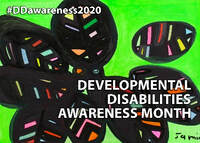
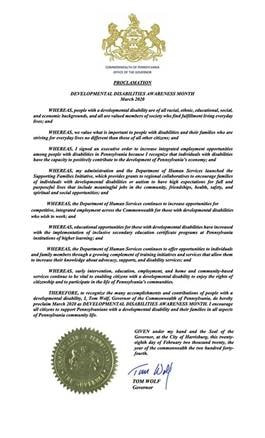
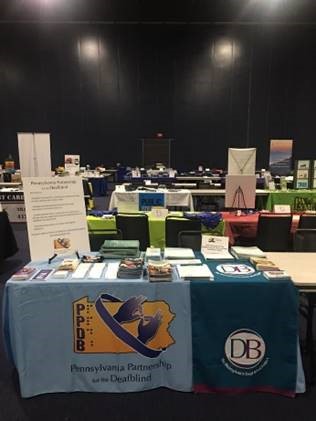

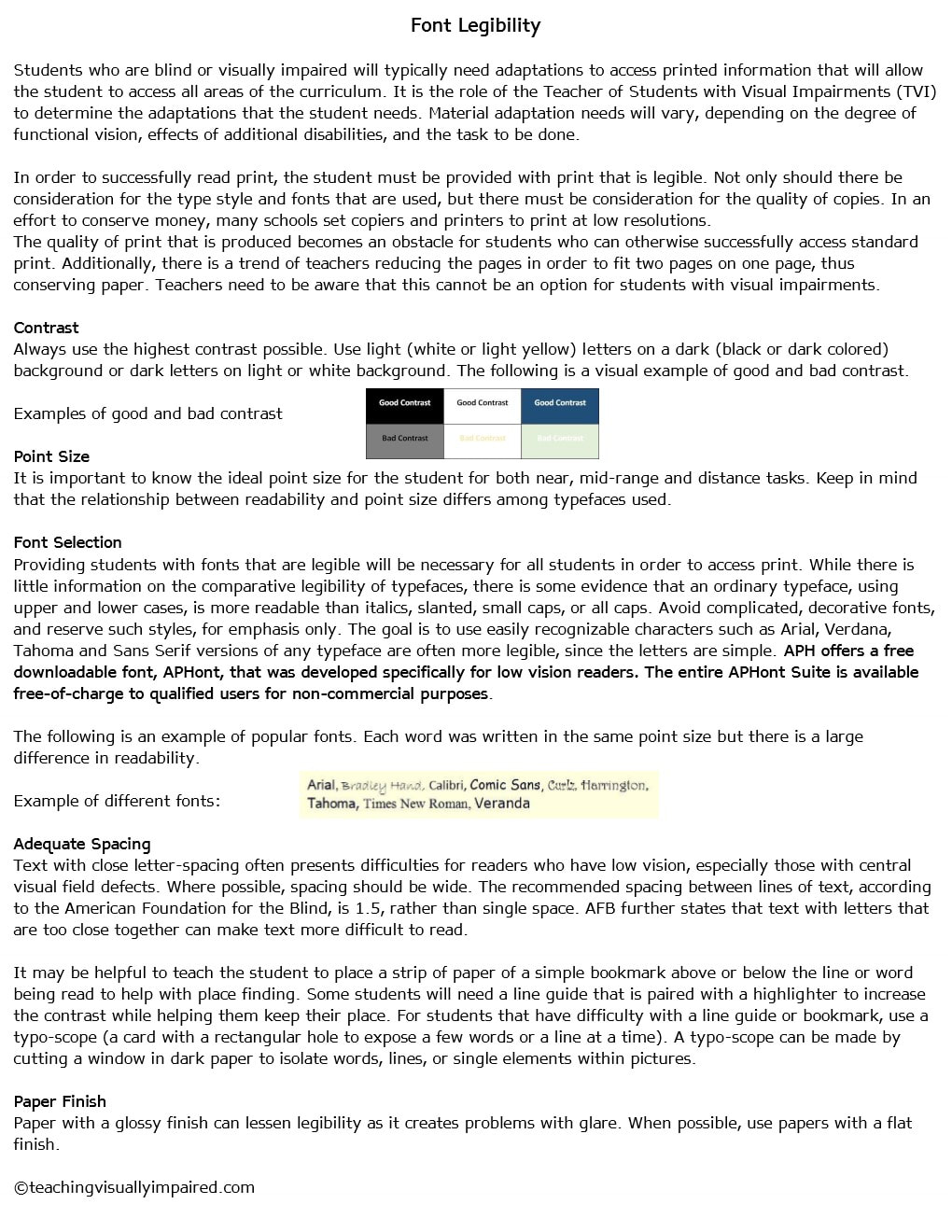

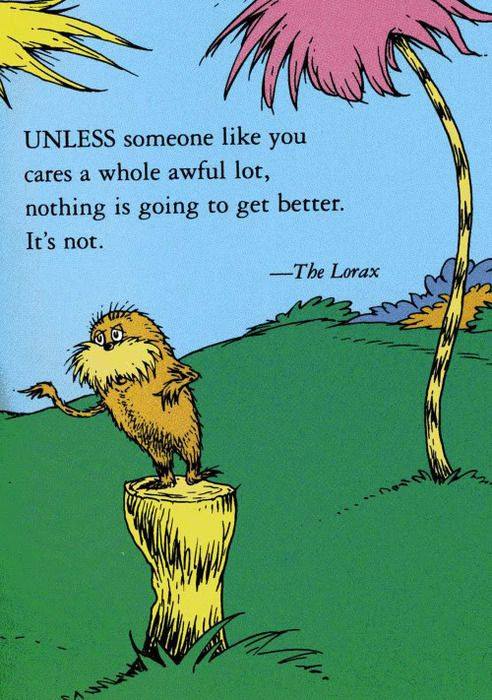
 RSS Feed
RSS Feed